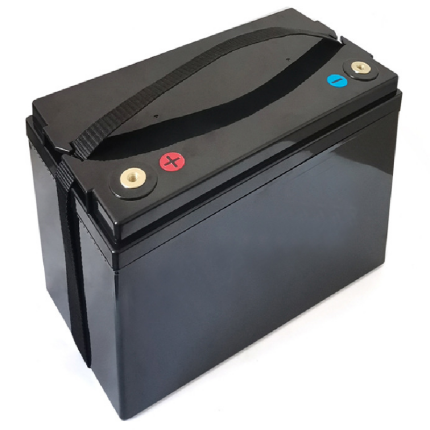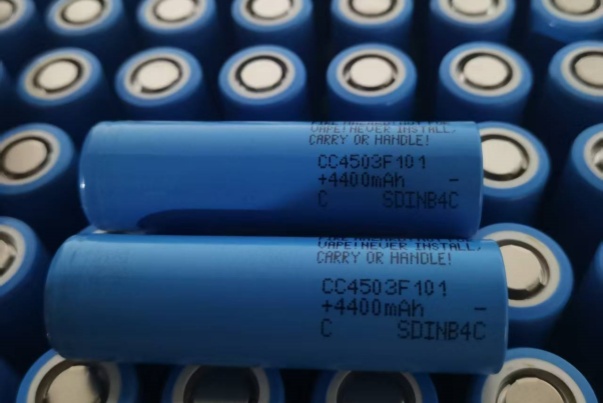Lithium batteries and lithium-ion batteries are two types of rechargeable power sources used in a variety of applications. Lithium batteries use metallic lithium as an active ingredient, while lithium-ion batteries have a battery cell composed of different materials including graphite or carbon. The main difference between these two is that the former relies on a chemical reaction to generate electricity, while the latter uses electrochemical processes to do so.

The advantage of using lithium-ion technology over other types of rechargeables is its higher energy density, which allows for longer run times with fewer charges per cycle. Additionally, it offers improved safety features such as thermal runaway protection and better performance due to its low self-discharge rate. This makes them particularly useful for portable electronics like smartphones, tablets, and laptops where weight and size are important considerations. When compared to nickel-metal hydride or lead acid cells, they offer superior efficiency and charge capacity at a lower cost.



